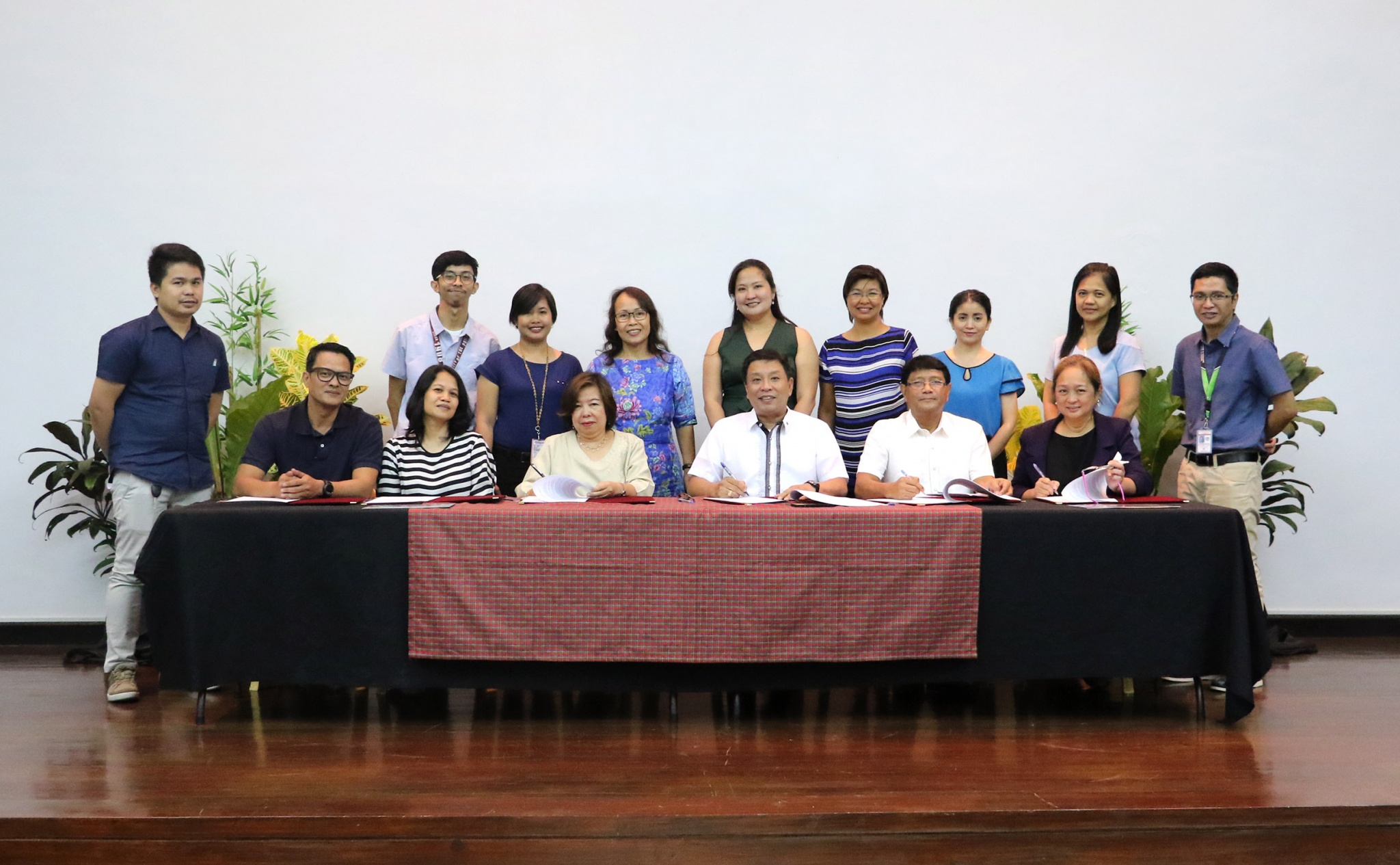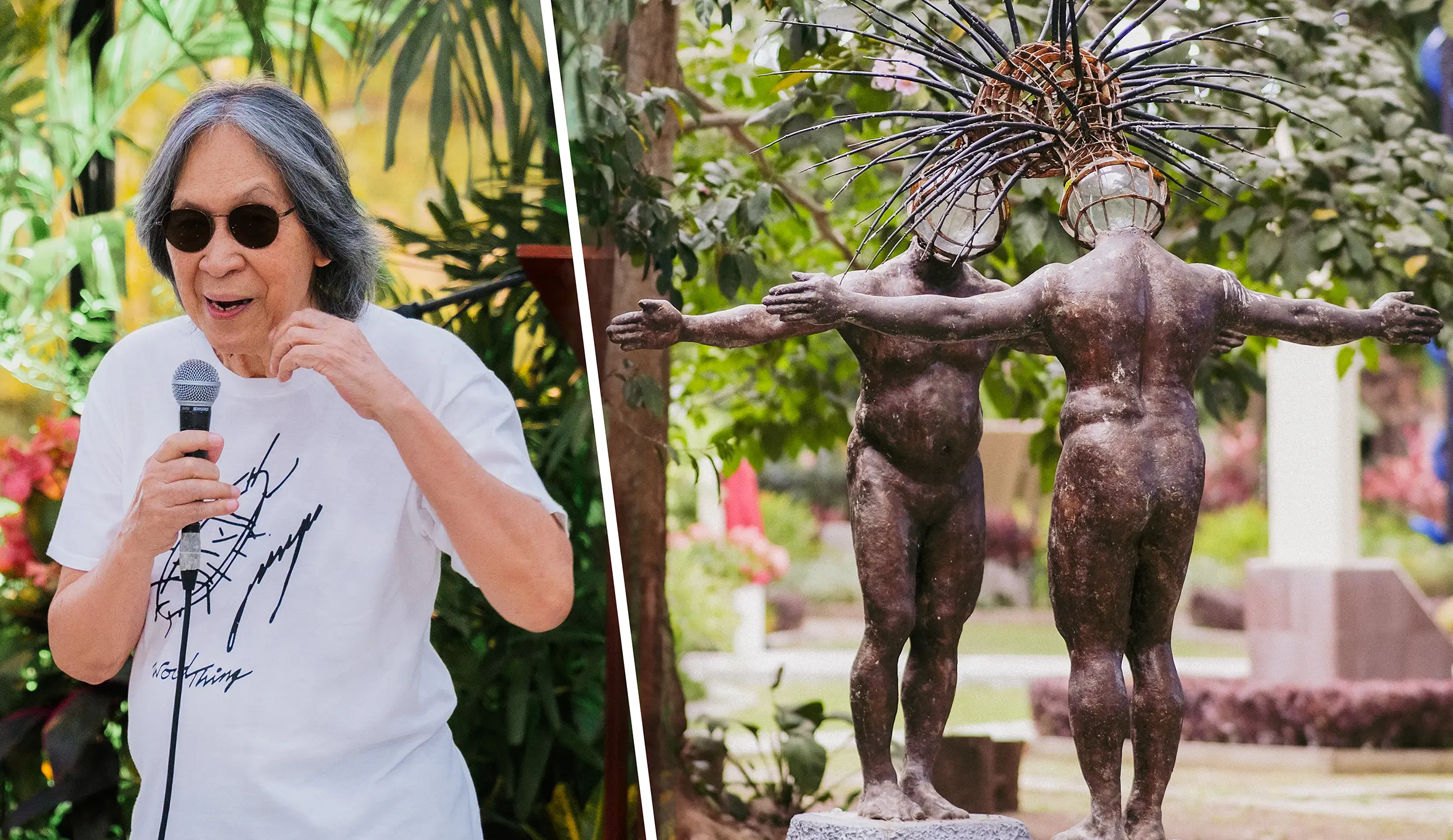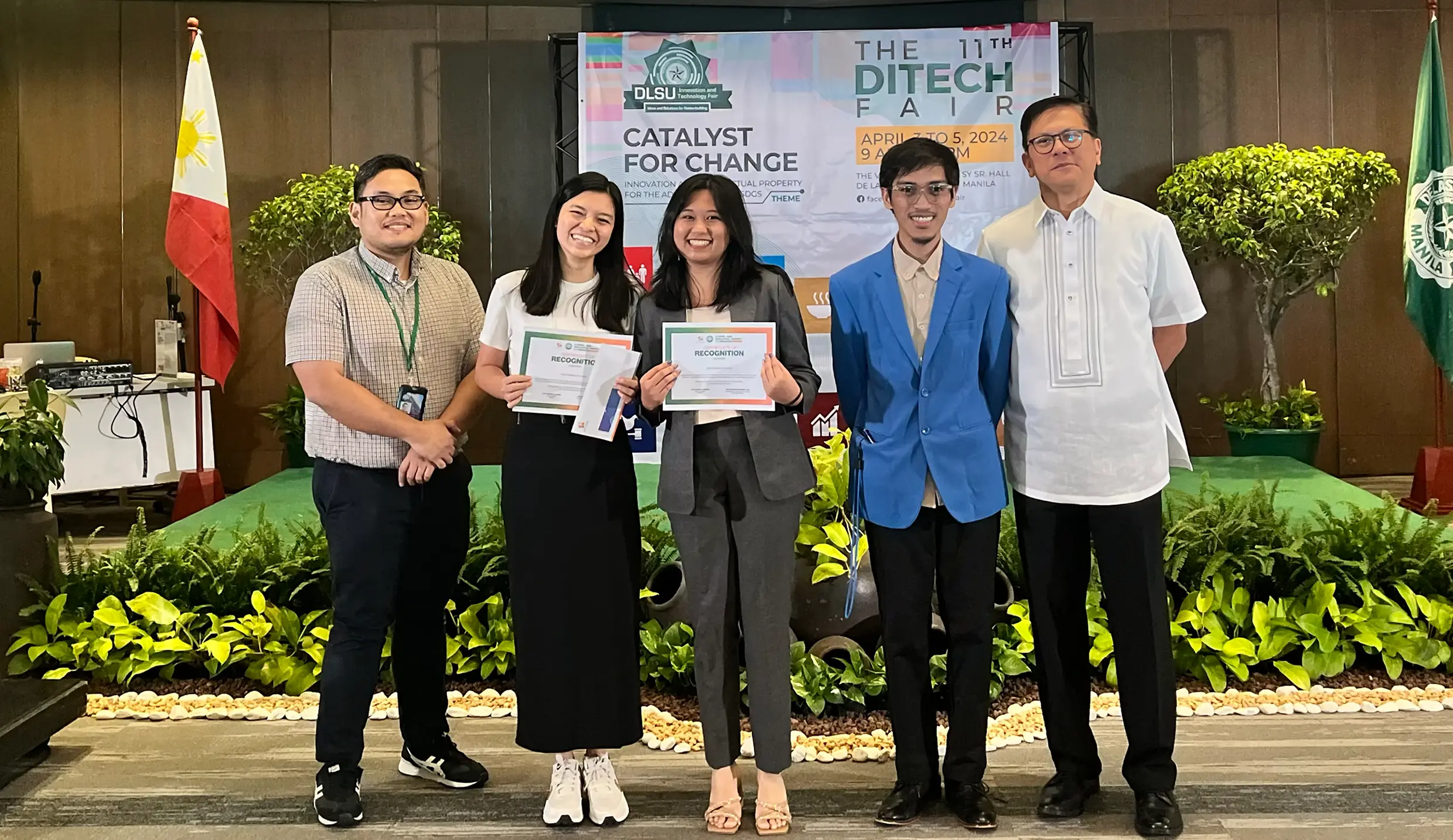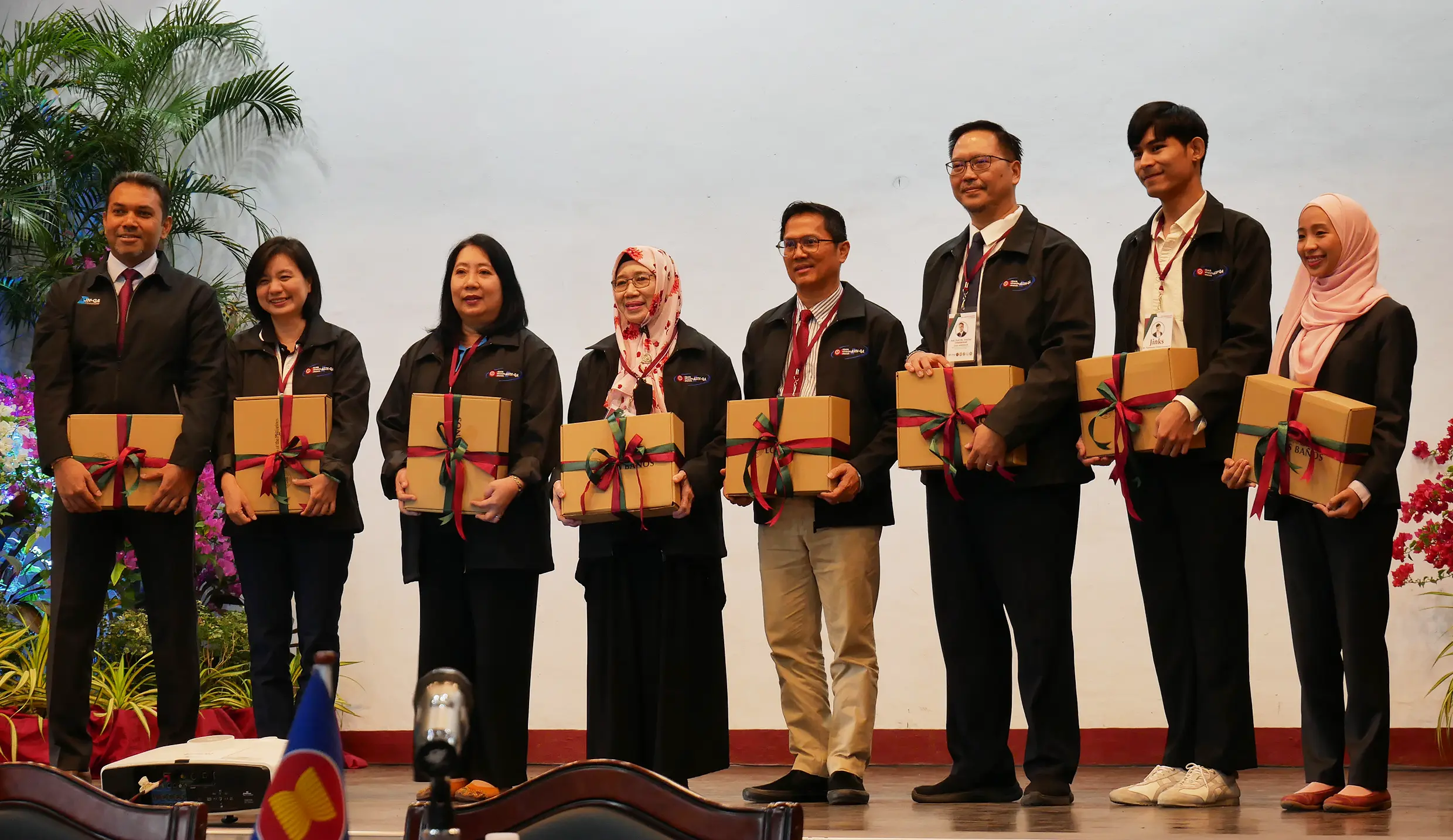
A more sustainable future awaits the legendary seven lakes of San Pablo City.
Under the research program called “7 LAMPS,” a team of UPLB experts are developing environmental health strategies towards the sustainable management of the lakes Pandin, Calibato, Sampaloc, Bunot, Palakpakin, Yambo, and Mohicap.
“7 LAMPS” stands for “Seven Lakes Assessment and Monitoring Program: Strategies towards a Sustainable Lake Ecosystem,” a program that is funded by the Department of Science and Technology.
“Usually, attention is given to a lake when it can be seen useful for ecotourism rather than restoration and conservation,” said Dr. Vachel Gay Paller, 7 LAMPS program leader.
“There should be data for the status, resources, services, and the threats that these waters are facing. Unfortunately, data collection is challenging because of low manpower and low awareness of communities and even some of the environmental personnel,” she added.
Dr. Paller, an associate professor at the Institute of Biological Sciences (IBS), headlined the symposium that introduced the program to the public on Apr. 30 at the REDREC Auditorium, UPLB.
She acknowledged that there are already existing programs studying the seven lakes, and pointed out that these should be strengthened and assisted.
“While the seven lakes are still in good condition, we need to address the threats before they worsen,” Dr. Paller said, as she emphasized the value of inland waters in food production, human health, and local economy.
The multi-project “7 LAMPS” is designed to generate an effective water quality assessment, detection of pollutants, and determination of the lakes’ carrying capacity for recreation, aquaculture, and resource utilization.
Dr. Paller leads the project on monitoring the presence of waterborne pathogens in the surface water and the identification of potential risk factors of contamination.
Joining her in the program are project leaders Dr. Emmanuel Ryan De Chavez and Dr. Damasa Macandog, both faculty members at IBS, and Dr. Michelle Grace Paraso of the College of Veterinary Medicine.
Dr. De Chavez spearheads the project on determination of spatial and temporal diversity patterns of native, introduced, and invasive macrobenthos; while Dr. Macandog on examining the presence of endocrine disruptors and their effects in freshwater fishes.
Dr. Paraso is in-charge of estimating and generating models for the recreational and aquaculture capacity of the seven lakes.
After the symposium, a Memorandum of Agreement (MOA) for partnerships in conserving the seven lakes was signed among UPLB, the National Research Council of the Philippines (NRCP), Department of Tourism Region IV-A, Department of Environment and Natural Resources (DENR), Laguna Lake Development Authority (LLDA), Laguna Provincial Government, and San Pablo City Government.
“I am certain that the information that will be generated by the programs’ four component projects will provide a solid basis for future policies and development programs concerning the seven lakes,” said Chancellor Fernando C. Sanchez, Jr., who signed the MOA on behalf of UPLB.
The event also featured the presentation of Dr. Patricia Ann Sanchez, chair of the UPLB Interdisciplinary Studies Center for Water, on their research, development, and extension programs for water security in the country.
Sharing their agencies’ development and management plan for the seven lakes were Atty. Maria Paz Luna, officer-in-charge-regional director of DENR Region IV-A, and For. Soledad Reyes, project development officer at LLDA.
“7 LAMPS” commenced in January 2019 and will last for two years. NRCP monitors the program. (John Glen S. Sarol)








